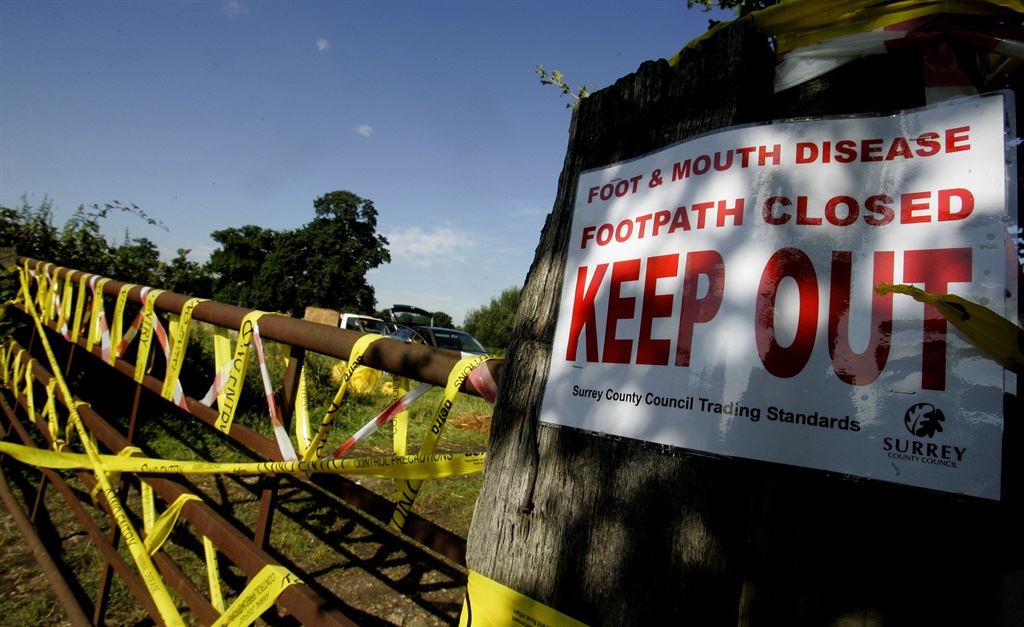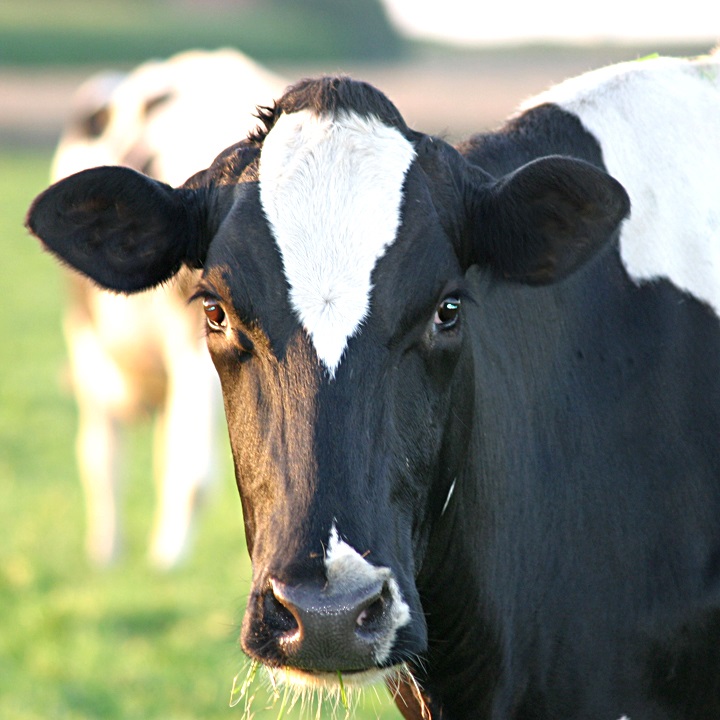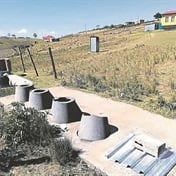
The foot-and-mouth disease outbreak has a positive spin-off for South Africans – meat lovers could enjoy lower prices on red meat as trade partners ban imports.
Last week City Press reported that, following the detection of foot-and-mouth disease in the cattle of a small village of Sundani in the district of Vhembe in Limpopo, South Africa was placed on the no-export list by the World Organisation for Animal Health.
According to spokesperson for the department of agriculture, forestry and fisheries, Khaye Nkwanyana, although the price of red meat should change in the weeks to come.
“Prices currently remain unchanged, but red meat could become cheaper in the next few weeks due to less international demand. This might lead to a domestic surplus that will stimulate the buying power of consumers,” he said.
Nkwanyana’s sentiments were echoed by spokesperson for the Limpopo department of agriculture and rural development, Molebatsi Masedi who said that the current situation was like a double-edged sword.
“If this situation is prolonged, there are two main negative effects that could be experienced. Firstly, farmers who rely on red meat will not trade as we have already seen bans from a number of countries; and two the pricing of red meat and red meat products will be impacted,” he said.
“As a country we might not be able to dispose of red meat by exporting it and we will therefore be stuck with it and prices could decrease, but this surplus will be shortlived because traders will not want to be stuck with the meat. On the other hand we might not be able to provide fresh meat, meaning we could see a decrease in the amount of red meat that is available, and prices could therefore increase,” he added.
Read: Foot-and-mouth disease could lead to technical recession
Masedi said that his department was working around the clock to make sure that the situation did not continue for a period longer than three months.
“The outbreak only happened about two weeks ago and the most important thing right now is to make sure we arrest the situation and keep it minimal. On Monday, vaccination started within a 20km radius of the area of infection and this will help us. Normally the minimal time for containment of such a situation is about three months, but if it goes on longer than that, farmers, consumers, traders and the country as a whole will be adversely affected,” he said.
Following an announcement of the outbreak, neighbouring countries including eSwatini, Botswana and Namibia banned the imports of red meat from South Africa in an effort to protect their livestock from contracting the disease.
According to Masedi, measures taken by these countries were merely precautionary and normal given the current circumstances.
“This is no cause for panic. As the affected country [South Africa] it was our duty to make it globally known that we had experienced an outbreak and these countries did what they felt they had to, to protect their livestock. This was just standard practice,” he said.
Nkwanyana, however, said that a number of trade partners had yet to cease the import of red meat into their respective countries.
“We [South Africa] are a huge exporter of red meat the world over. Other countries like Egypt, Hong Kong, China and Vietnam haven’t stopped trading with us,” he explained.
He added that two committees had been set up by the government to contain the foot-and-mouth disease outbreak and its effect on South Africa’s trade.
“The government has set up a technical committee as well as an international trade committee. The technical committee has started the process of vaccinating the cattle in the area, both the infected and un-infected. The infected so they don’t spread the disease and the un-infected so they can be resistant to contracting the disease,” he said.
“The international trade committee was set up in order to engage with all our markets. We want to engage with countries that have banned us to urge them to reconsider their decision because the outbreak is only limited to a small area where farmers don’t even trade meat. This committee will also look at market gaps and look at where we can strengthen our exports.”
Nkwanyana emphasised that less than a total of 50 cattle had been infected by the disease in an area with about 10 000 to 15 000 cattle.
“There has been confusion about the number of infected cattle. It is not the 15 000 cattle in the area but much fewer than that. Most that have been tested were negative and less than 50 were found to be positive,” he told City Press.
“The area remains under quarantine and the vaccination process is ongoing so that no further infections can occur,” he said.
Agricultural economist Wandile Sihlobo said in a Fin24 article that the current Limpopo outbreak could prove difficult for the country.
“This will present a challenge for an industry that has taken years to grow its export footprint. The South African beef industry has seen enormous growth in exports over the past couple of years, generating an estimated US$144 million in 2017, according to data from Trade Map,” he said.
“This will put pressure not only on cattle farmers (and the red meat industry) but will also negatively impact South Africa’s agricultural trade balance.”
In 2015, an outbreak of the disease was detected and confirmed in the Matiane community in the Thulamela local municipality of the same Vhembe District. A statement released by the Limpopo department of agriculture at the time said that the outbreak was due to the community’s close proximity to the Great Kruger National Park Complex that inhabits buffaloes which are constant sources of infections.
Nkwanyana offered a similar explanation for the current outbreak adding that the government was currently working on a budget to erect fencing around the area.




 Publications
Publications
 Partners
Partners









